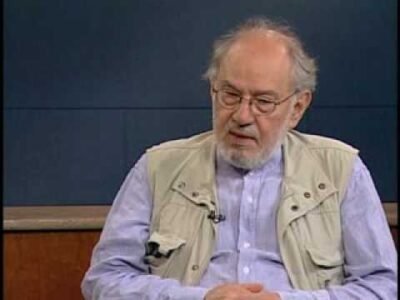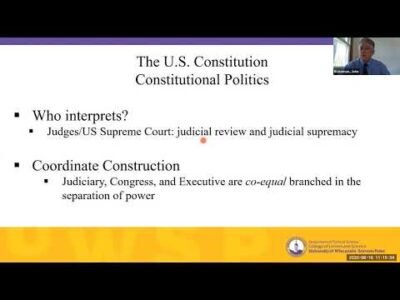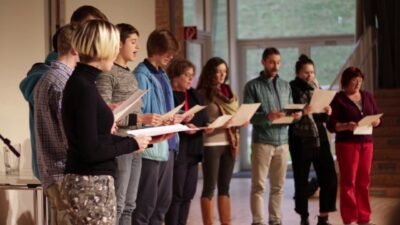Secular vs. Religious Interpretations
Unraveling the Debate: Secular and Religious Views Clash in Interpretations
The intersection of secular and religious perspectives on various matters often leads to fervent debates that can be difficult to navigate. Interpretations of issues like morality, ethics, and societal norms may vary greatly between those coming from religious backgrounds and those who adhere to a secular worldview. Understanding and appreciating these differing viewpoints is crucial to fostering open dialogue and promoting tolerance in society.
One of the main areas where these secular and religious perspectives clash is in the interpretation of moral guidelines. For religious individuals, moral codes are often dictated by their faith traditions, which may have specific teachings and commandments to follow. These teachings carry a sense of divine authority and are considered unchangeable and absolute. On the contrary, secular individuals often seek moral guidance from humanistic principles that emphasize personal autonomy and rationality. They may argue that moral guidelines should be based on human well-being, empathy, and fairness rather than religious doctrine.
These differing interpretations can lead to passionate debates, especially when issues such as marriage equality, abortion, and assisted suicide are discussed. Religious individuals may interpret these issues through the lens of their religious teachings, leading them to vehemently oppose them. On the other hand, secular individuals may consider these issues primarily as matters of personal choice and individual rights.
Debates surrounding the role of religion in public life also highlight the clash between secular and religious interpretations. Religious individuals often assert that their faith should play a significant role in shaping the policies and laws of their respective societies. They argue that religious values and beliefs should be protected and promoted by the state. In contrast, secular individuals firmly believe in the separation of church and state, advocating for a society wherein religious beliefs do not influence public policy. They assert that decisions should be based on evidence, reason, and the principles of a secular democracy.
Science and faith are additional areas where secular and religious interpretations often collide. While both sides seek answers to life’s fundamental questions, they take distinct approaches. Science relies on empirical evidence and rational thinking, often challenging traditional religious beliefs. Religious perspectives, on the other hand, lean towards faith, revelation, and divine guidance, which may be seen as incompatible with scientific explanations.
Despite the clashes between secular and religious interpretations, it is important to foster understanding and respect for one another’s viewpoints. Engaging in respectful dialogue provides an opportunity to address misconceptions, bridge gaps in understanding, and find common ground.
Building bridges between these diverging perspectives might be achieved through acknowledging that everyone has a right to their own beliefs and values. It is crucial to recognize that individuals’ interpretations of morality, ethics, and societal norms are deeply personal, shaped by their experiences, cultures, and religious upbringing. Embracing diversity in perspectives allows for a more inclusive and compassionate society, enabling conversations that lead to growth and progress.
Historically, societies that have successfully navigated the intersection of secular and religious viewpoints have often found a delicate balance. Respect for religious freedom, conscious participation of secular voices in public discourse, and adherence to democratic ideals are all key ingredients for fostering an environment where diverse interpretations can coexist.
In the end, the unraveling of the debate between secular and religious interpretations is an ongoing process that requires mutual respect, empathy, and open-mindedness. By acknowledging the validity and importance of multiple perspectives, societies can move towards a more harmonious and inclusive future, where these differing worldviews can coexist in constructive dialogue.
#Unraveling #Debate #Secular #Religious #Views #Clash #Interpretations




No comment yet, add your voice below!